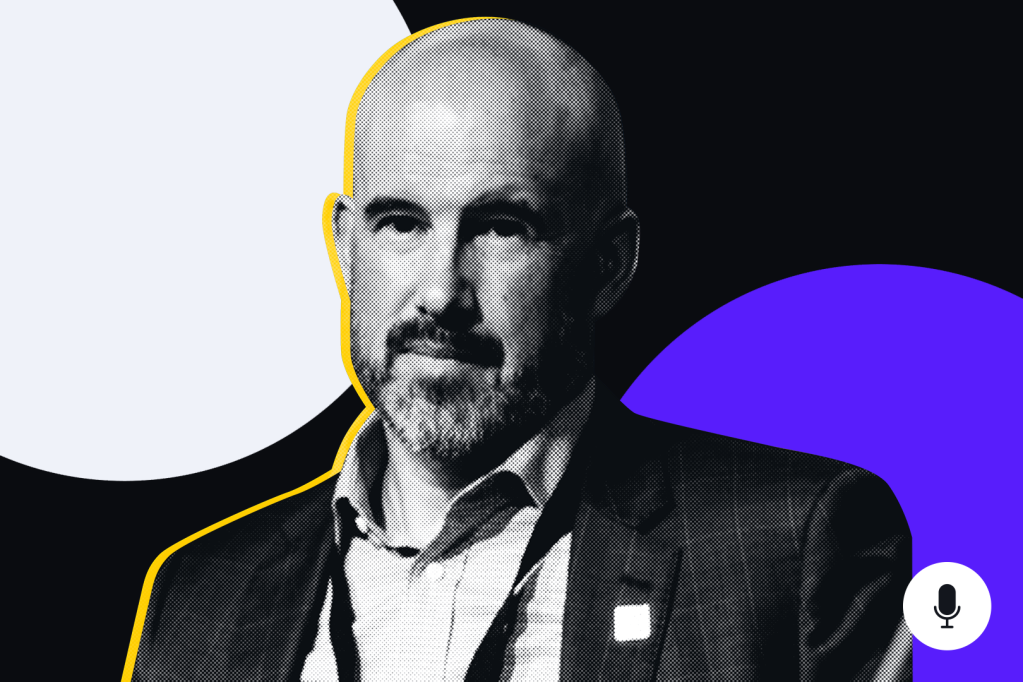We spoke to A Valerie Mirko, a partner at Armstrong Teasdale and leader of the firm’s Securities Regulation and Litigation practice. Valerie represents asset managers – including retail and wealth management firms – and private fund advisers, as well as broker-dealers, in US SEC enforcement matters as well as
Valerie also
Register for free to keep reading
To continue reading this article and unlock full access to GRIP, register now. You’ll enjoy free access to all content until our subscription service launches in early 2026.
- Unlimited access to industry insights
- Stay on top of key rules and regulatory changes with our Rules Navigator
- Ad-free experience with no distractions
- Regular podcasts from trusted external experts
- Fresh compliance and regulatory content every day













